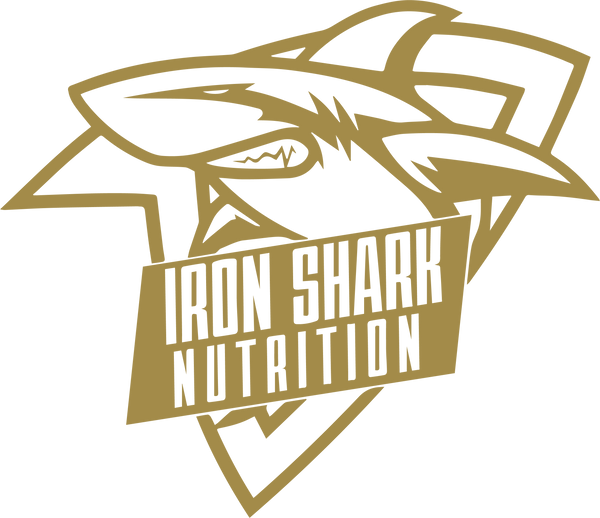Summer brings not only sunny days, but also high temperatures, which can present particular challenges for athletes and sports enthusiasts. Heatwave can affect physical performance and require special attention to nutrition to ensure adequate hydration and prevention of heat-related problems. Let's find out how to adapt your nutrition to maintain optimal sports performance during heatwave periods.
1. Priority Hydration
Hydration is key during heatwaves. Increased sweating from heat can lead to significant loss of fluids and electrolytes. Before, during, and after exercise, be sure to drink enough water to maintain adequate hydration. Sports drinks can also be beneficial in restoring electrolyte balance during prolonged exercise.
2. Training Planning
Avoid the hottest parts of the day for your intense workouts. Choose mornings or evenings when the temperature is milder. If possible, choose shaded environments to reduce direct sun exposure.
3. Reduce Intensity and Effort
During heat waves, it may be wise to reduce the intensity and effort of your workouts. This reduces internal heat production and minimizes the risk of overheating.
4. Refreshing Food Choices
Opt for fresh, light foods such as fruits and vegetables rich in water, such as watermelon, melon, cucumbers, and tomatoes. These foods help with hydration and provide essential vitamins and minerals.
5. Hydrating Snacks
Incorporate hydrating snacks into your diet. Fruit smoothies, frozen yogurt, and fruit salads are great options for maintaining optimal hydration while providing carbohydrates for energy.
6. Electrolyte Supplements
If you sweat excessively, you can lose essential electrolytes like sodium, potassium, and magnesium . Electrolyte supplements can help maintain electrolyte balance and prevent muscle cramps.
7. Prevention of Heat Strokes
Heatstroke can be dangerous. Make sure you know the signs and symptoms, such as confusion, dizziness, and hot, dry skin. During a heatwave, opt for shorter workouts and monitor your body carefully.
8. Post-Workout Energy Recharge
After exercise, be sure to replenish glycogen stores by consuming complex carbohydrates like whole grains, pasta and vegetables. Protein is also important for supporting muscle recovery.
9. Watch Your Body Weight
Monitor your body weight before and after exercise to assess fluid loss. The general rule is to drink 500 ml of water for every half a kilo lost during exercise.








